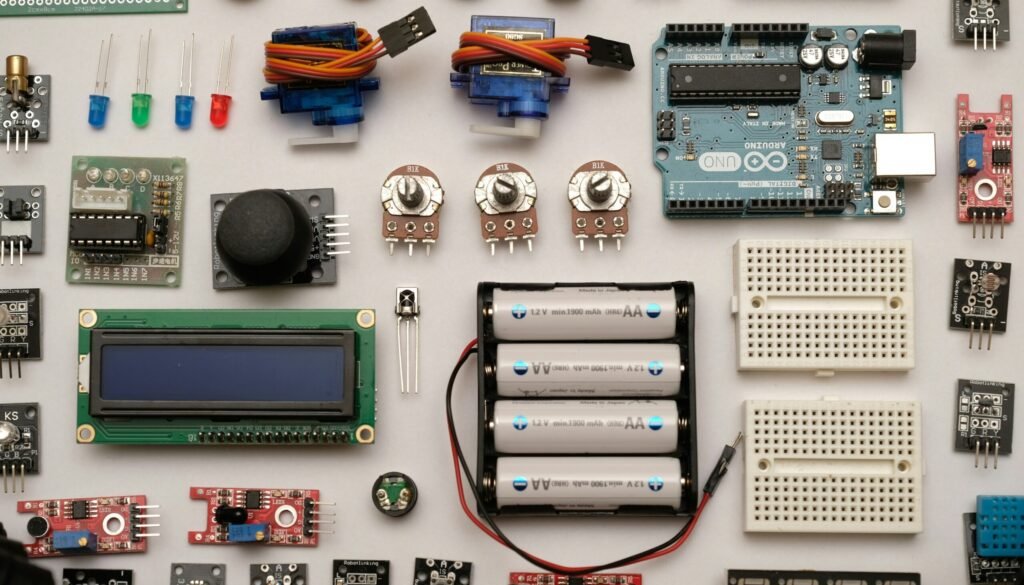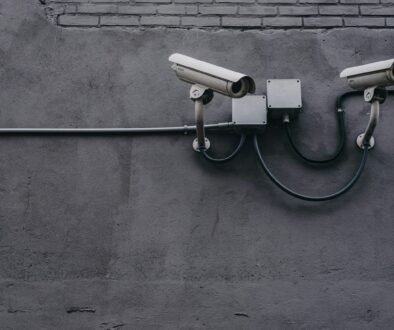What Does an IoT Developer Do?
Internet of Things (IoT) has become a buzzword in the tech industry, promising to revolutionize the way we live and work. Behind this transformative technology are skilled professionals known as IoT developers. In this article, we will explore the role of an IoT developer and shed light on their responsibilities, skills, and the impact they have on shaping the future.
Understanding the Role
An IoT developer is a software engineer who specializes in designing, developing, and implementing applications and systems for the Internet of Things. Their primary focus is to create innovative solutions that connect devices, collect and analyze data, and enable communication between various IoT components.
Responsibilities of an IoT Developer
The responsibilities of an IoT developer can vary depending on the specific project and organization they work for. However, here are some common tasks that an IoT developer may be expected to handle:
- Designing and developing IoT applications and systems
- Integrating hardware and software components
- Creating and managing IoT platforms
- Implementing security measures to protect data and devices
- Testing and debugging IoT solutions
- Collaborating with cross-functional teams
- Staying updated with the latest IoT trends and technologies
Skills Required
Becoming a successful IoT developer requires a combination of technical skills and domain knowledge. Here are some essential skills that an IoT developer should possess:
- Programming Skills: Proficiency in programming languages such as C++, Java, Python, or JavaScript is crucial for developing IoT applications.
- Hardware Knowledge: Understanding the fundamentals of electronics and hardware components is essential for integrating devices into an IoT ecosystem.
- Data Management: IoT developers should be skilled in handling and analyzing large volumes of data generated by connected devices.
- Networking: Knowledge of network protocols and communication technologies like MQTT, CoAP, or Bluetooth is necessary for establishing connectivity between IoT devices.
- Security: With the increasing number of cyber threats, IoT developers must have a solid understanding of security protocols and encryption techniques to safeguard IoT systems.
- Problem-Solving: IoT developers should be adept at identifying and resolving technical challenges that arise during the development and deployment of IoT solutions.
The Impact of IoT Developers
The work of IoT developers has a significant impact on various industries and sectors. By leveraging their skills and expertise, IoT developers enable organizations to:
- Improve operational efficiency by automating processes and optimizing resource utilization.
- Enhance product and service offerings by adding smart features and capabilities.
- Create new business models and revenue streams through IoT-enabled products and services.
- Enable predictive maintenance by monitoring and analyzing data from connected devices.
- Enhance customer experiences by providing personalized and context-aware services.
As the Internet of Things continues to grow, the demand for skilled IoT developers is expected to rise. These professionals play a crucial role in shaping the future of technology and driving innovation in various industries.
Conclusion
An IoT developer is a key player in the world of connected devices and smart systems. Their expertise in software development, hardware integration, data management, and security is vital for creating robust and efficient IoT solutions. By harnessing their skills, IoT developers contribute to the advancement of technology and pave the way for a more connected and automated future.



